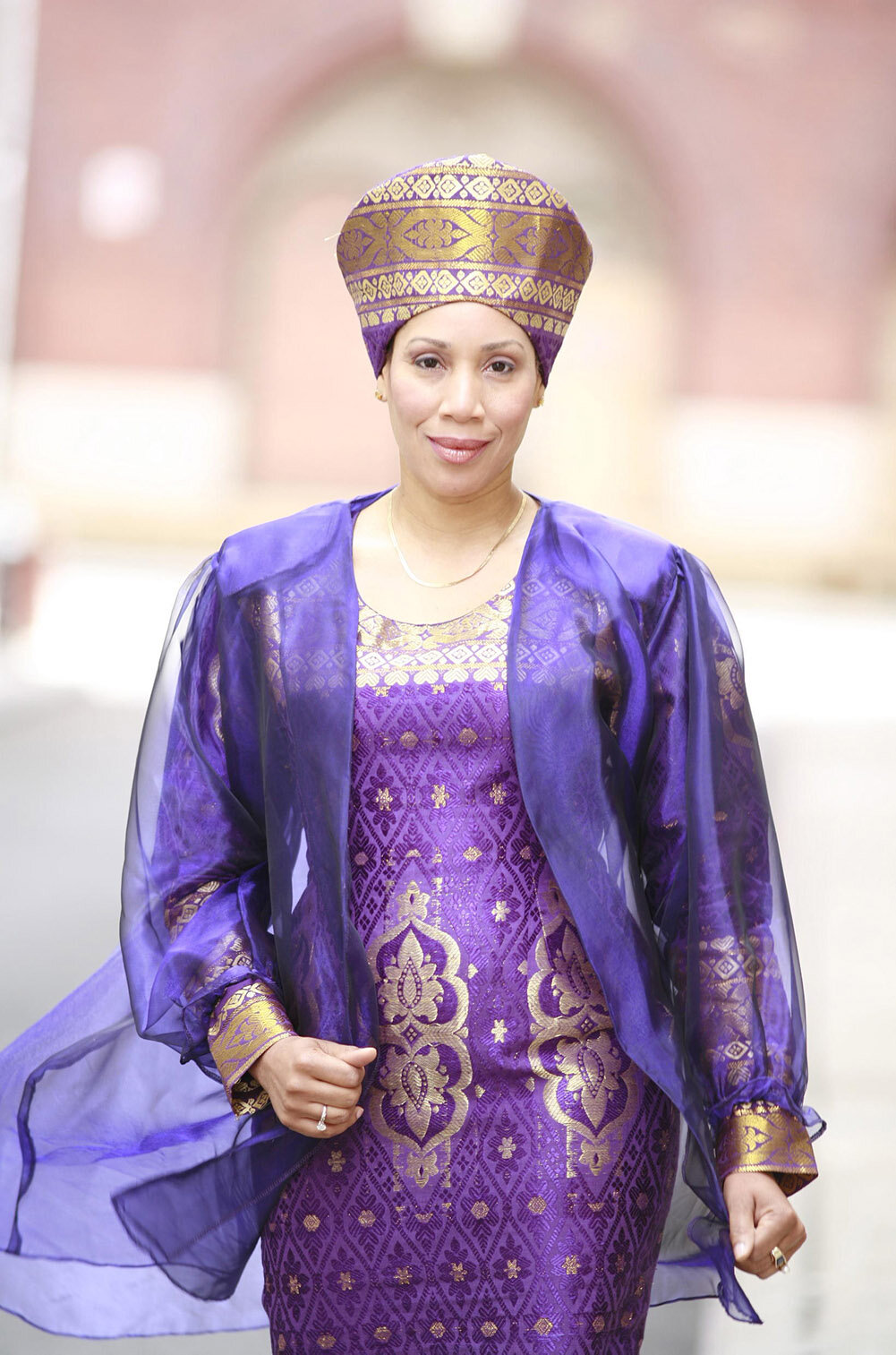What Should a Memorial to Victims of Intimate Partner Violence Be Like?
Whatta win! At the 2021 Grammys on Sunday night, rapper, singer and songwriter Megan Thee Stallion, wearing a spectacular strapless orange dress with a train, won Best Rap Song and Rap Performance and Best New Artist. She tap-danced, sang a medley of her own songs and performed one of her raps with past Grammy nominee Cardi B.
During the ceremony, no one mentioned how sweet all this must have felt to 26-year old Megan, seven months after rapper Tory Lanez shot her in both feet in July 2020. Especially sweet since the win came after she had tried to shield him, a Black man, from police during a summer of protests about George Floyd’s treatment at their hands. And after she was subjected to jokes and ridicule and accused of complicity. And after she named him as the shooter and was denounced as a snitch.
Her abuser finally was prosecuted in October 2020. The same month, Megan wrote an op-ed for The New York Times titled “Why I Speak Up for Black Women.” In part, she wrote, “Black women are still constantly disrespected and disregarded in so many areas of life. I was recently the victim of an act of violence by a man. After a party, I was shot twice as I walked away from him.”
Celebrity is no shield against dating or intimate partner violence. If this kind of violence against a woman continues unchecked, the end result will be her death. For young Black women like Megan, it is the leading cause of death. How can we honor women who have died this way? What is the best way to remind the public about what can happen to an abused woman?
For more than a year now, we have known that intimate partner violence has spiked during the pandemic, all over the world. Last week, to mark International Women’s Day, Jess Phillips, a female member of the British Parliament’s House of Commons, read aloud the names of all the women who have been killed in the United Kingdom during the last year, all cases where men have been convicted or charged as perpetrators. Phillips’ reading of 118 names of women of all ages took more than four minutes. “Dead women is a thing we have all just accepted as part of our daily lives,” Phillips noted. “Killed women are not vanishingly rare. Killed women are common.”
In almost all American states, a charge of domestic violence is a misdemeanor. Victim advocate Kit Gruelle has suggested a wall of photos taken at police stations or hospitals of the bruised and battered faces of women who have been subjected to partners’ violence, with a banner: “This Was A Misdemeanor.”
Quanda Johnson is presenting a theater program about domestic violence against Black women as part of her doctoral thesis at the University of Wisconsin. Photo courtesy of Quanda Johnson
Quanda Johnson likes this “powerful” suggestion. A scholar, poet, performer and theater artist focusing on the history of Blacks who make up the African diaspora, she is getting her Ph.D. at the University of Wisconsin. In November 2020, Johnson presented her art to open a conference, Lynching: Reparations as Restorative Justice, about reparations for the families of lynching victims. The conference was organized by the Civil Rights and Restorative Justice Project at Northeastern University School of Law, which aims to document every racially motivated killing and the legal consequences, if any, in the South between 1930 and 1970.
Johnson says an ancestor was lynched in Abbeville, South Carolina, for “impudence.” He was prosperous, and the lynchers probably wanted his land and goods. Starting after the Civil War, violence against Blacks was particularly virulent in South Carolina.
As part of her Ph.D. thesis, Johnson is presenting a theater program on domestic violence against Black women. She says it’s endemic in her family, continuing from one generation into the next, and she believes that it is an off-shoot of the violence Blacks suffered during and after slavery in places like Abbeville. Some of her family supports her work. Have any family members seen her domestic violence presentation? Well, Johnson says, “They will if they come to my thesis presentation!”
I look forward to seeing Johnson’s presentation. If you have your own ideas for honoring victims of domestic violence, please let me know at amc@mississippicir.org.
Ann Marie Cunningham is a Columbia University Lipman Fellow for 2020 who will be working with the Mississippi Center for investigative Reporting. She is a veteran journalist/producer and author of a best-seller. Her work has appeared in The New York Times, Los Angeles Times, Technology Review, The Nation and The New Republic. Contact her at amc@mississippicir.org.


